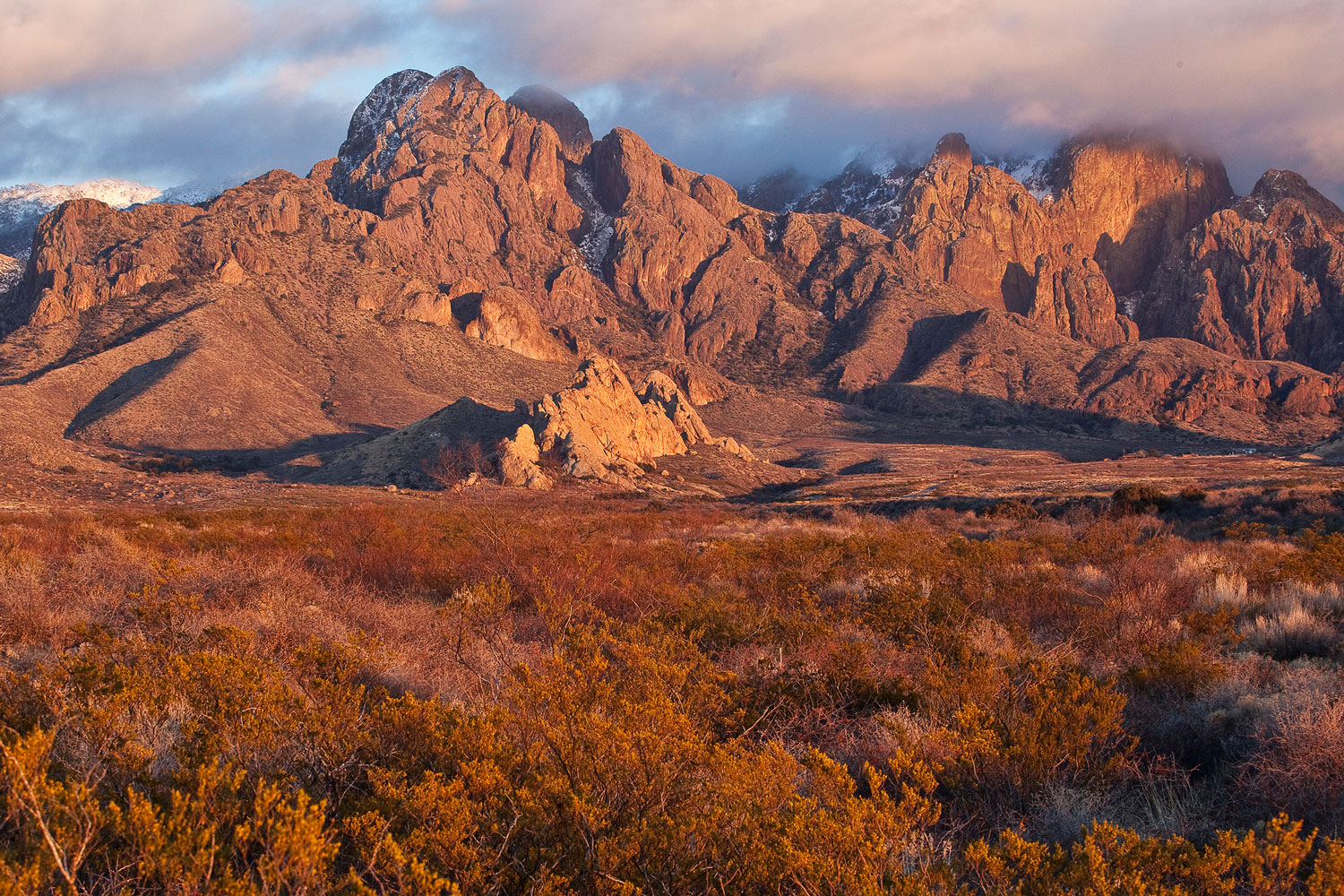A lifelong private-land hunter becomes a public lands evangelist
Although I’ve been hunting deer, ducks, and turkeys for as long as I can remember, the thought of hunting public lands never really crossed my mind until high school. Having grown up in central Virginia, there was no need—friends, family, and neighbors all provided endless connections for me to pursue my outdoor passion on privately-owned farms or leases. But, when my father and I started planning a hunting trip out West for my 16th birthday, we quickly realized that guide services were well outside our budget and researched what would become my first all-public-lands adventure.
That fall, I spent a week with my bow in the Idaho backcountry, chasing elk and mule deer entirely on public land, and I was completely blown away. The landscape that lay before me every morning was breathtaking—and it was all mine. That trip opened a whole new door to the hunting and fishing world that I’d never considered before.
A few years later, I moved south to attend college. While asking permission to hunt private lands certainly taught me lessons I’d never trade, I found myself in exciting and unchartered territory for my hunting and fishing pursuits, and I didn’t know a single person. Realizing I couldn’t put my passion on hold for four years, I researched public hunting and fishing areas all over the Southeast. I stalked deer in wildlife management areas, called in ducks on national wildlife refuges, and had gobbling toms in close range on national forests and my school’s experimental forest.
I even started exploring publicly accessible areas closer to home on school breaks and made it a point to invite die-hard private land hunters to join me.
I had become a true public land sportsman.

After graduation, the first thing I did after securing my new apartment in Memphis was locate all the public access areas within a half-day’s drive. As a result, I had good success duck hunting many of the state-owned lands in western Tennessee that season. When I found out I was being relocated to North Dakota for a campaign assignment, I immediately downloaded the PLOTS (Private Lands Open To Sportsmen) book to map out all my hunts there. In a span of five years, I’d gone from never even considering hunting on public land, to using it for almost 90 percent of my waterfowl and small game needs.

I still have friends and relatives who hunt entirely on private spaces, and there’s nothing wrong with that. But it’s more important than ever that all sportsmen understand the critical role that public lands play in the overall future of hunting and fishing, because loss of access is the single largest threat to hunter retention and the livelihood of our sports.
Fewer hunters in the deer woods may seem nice on opening day, but we all realize the impact: Fewer dollars for conservation. Fewer stewards of our lands and waters. Fewer champions to stand up for our traditions.


Even if you plan to continue to hunt solely on private lands, the opportunities to enjoy public places will always be there for you, should you reconsider. Our hunting and fishing traditions are woven into the fabric and topography of our country through our public lands. If I’d never left my hometown, maybe I wouldn’t have been able to understand this in quite the same way. But I’d urge every sportsman and woman to pledge themselves to preserving our access to public lands for future generations of hunters and anglers.
Here’s a good first step: Sign the petition at sportsmensaccess.org and prevent the sell-off of YOUR public lands.










